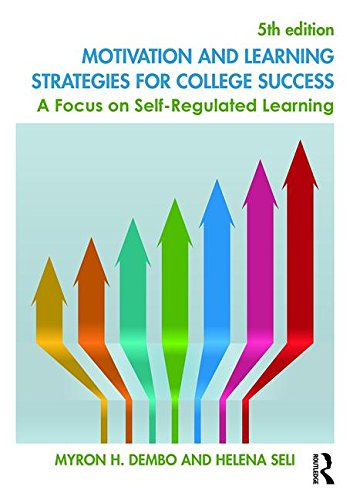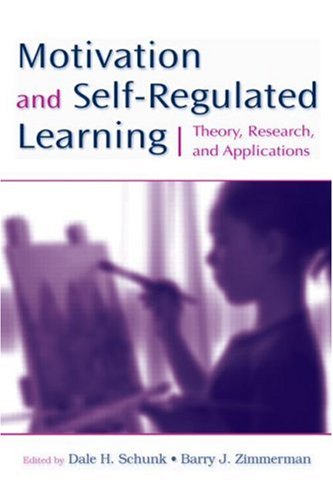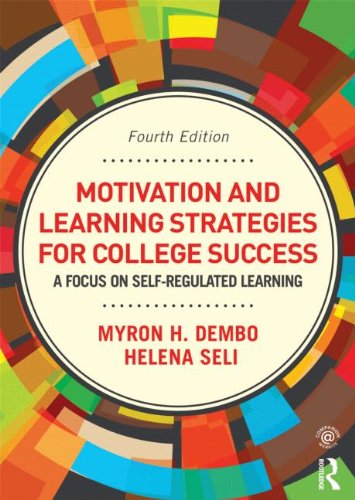
Combining theory, research, and applications, this popular text guides college students on how to become self-regulated learners. Students gain knowledge about human motivation and learning as they improve their study skills. The focus is on relevant information and features to help students to identify the components of academic learning that contribute to high achievement, to master and practice effective learning and study strategies, and then to complete self-regulation studies that teach a process for improving their academic behavior. A framework organized around motivation, methods of learning, time management, control of the physical and social environment, and monitoring performance makes it easy for students to recognize what they need to do to become academically more successful. Pedagogical features include Exercises, Follow-Up Activities, Student Reflections, Chapter-end Reviews, Key Points, and a Glossary.
New in the Fifth Edition
Discussion of the importance of sleep in learning and memory
Revised and updated chapter on self-regulation of emotions
Current research on impact of students’ use of technology including digital learning platforms and tools, social media, and online learning
Updated Companion Website resources for students and instructors


